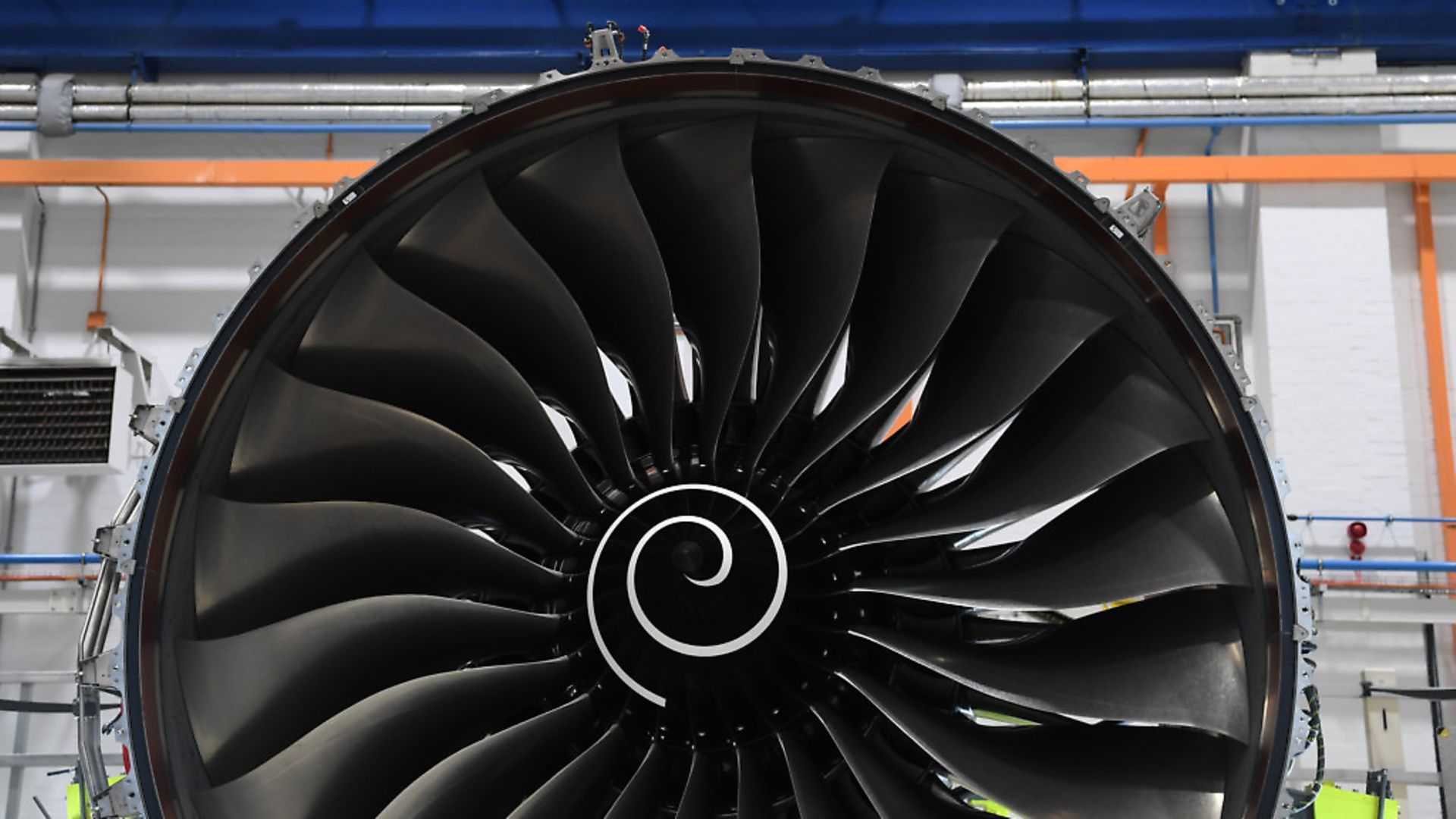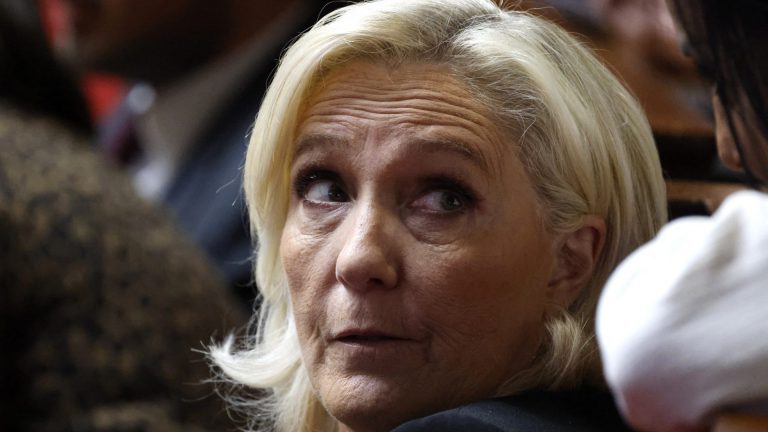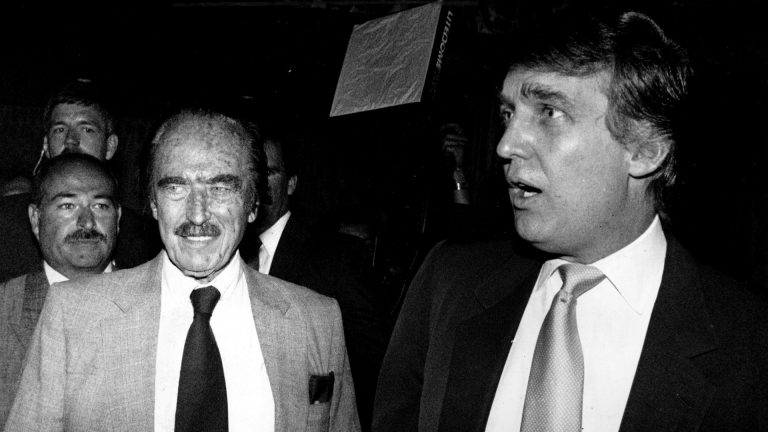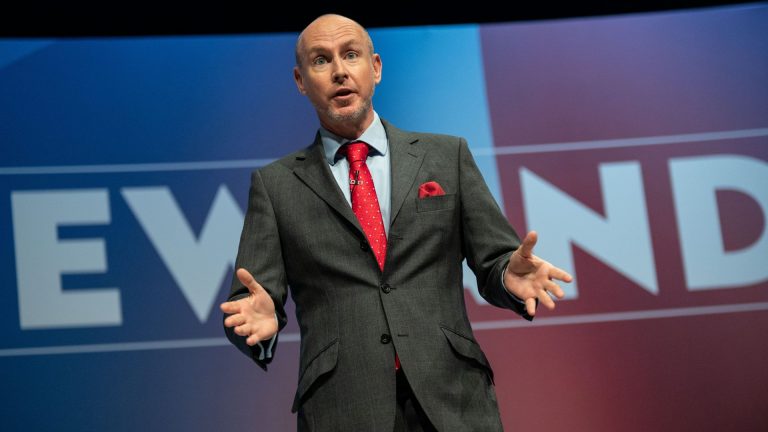
There is anger in the UK’s aerospace industry at the government’s dereliction of duty over such a thriving sector
Some people go to Paris to buy beautiful clothes, others go to stock up on jets.
There was some good news out of this month’s Paris Air Show for the British aerospace sector, with UK manufacturers picking up about £13 billion worth of orders as part of the biannual event on an airfield in the Parisian suburbs. It was a welcome boost for the sector at a time when the Brexit storm clouds are looking ominous.
The UK’s aerospace industry is bigger than you might imagine, but also very complex and important in that every job supports at least four more in a long supply chain.
Now the sector, which has grown hugely over the past 20 years, must face a reckoning. The UK’s biggest manufacturers are Airbus, employing 12,000, Rolls-Royce and BAE Systems.
Other companies, who play a significant role in both commercial aerospace and the defence sectors, are Boeing, Cobham, Meggitt, GKN, Lockheed Martin, L3, Raytheon, Leidos, Babcock International and Northrop Grumman. In Belfast, there is Bombardier which employs 6,000. Besides these firms, there are more than 2,400 small and medium-sized businesses.
Total employment in the sector is about 250,000 jobs and sales are estimated to be worth in excess of £31 billion to the UK economy, with productivity growing at 19% since 2010.
Even more importantly, 90% of aerospace products manufactured in the UK are exported, providing a boost to our woeful trade deficit with the rest of the world. In fact, the UK is the second largest player in the aerospace world after the USA.
France, Germany and Spain would love to have a bigger slice of the aerospace cake and are just waiting for Brexit to provide that opportunity. So why is Brexit such a potential devastating blow to the health of British aerospace? There is no escaping the fact that UK manufacturers are fully intertwined in a global market. Some Rolls-Royce parts cross a border several times before they even reach an aircraft.
The aerospace industry’s big worries are: fears over customs controls, concerns over skills shortages due to immigration policies and the need to ensure that the UK remains a member of the European Aviation Safety Agency – which certifies the safety of aircraft products for sale and shapes standards for new markets, like drones.
Remaining a member of EASA is hugely important. If the UK were forced to go it alone and create a separate regulatory regime, the additional costs would be crippling for UK companies but also would deter overseas companies from investing here.
Not reaching a deal with the EU would have significant commercial consequences for UK industry, raising the costs of doing business, reducing our influence and damaging the UK’s reputation as one of the best places in the world to develop new technology and create high value jobs.
Under WTO rules, the aerospace industry is exempt from tariffs but there are fears that EU-based companies would do all in their power to encourage governments to find loopholes that would raise the cost of production for UK manufacturers.
Ahead of the Paris Air Show last week, the aerospace industry started talking tough. Airbus laid down its minimum criteria from the UK government and said 110,000 jobs hinge on a successful Brexit deal.
The chief executive of Rolls-Royce pointed out that he was speaking for an extensive supply chain when calling for something as close as possible to the status quo on the cross-border movement of parts.
However, there was anger from the industry’s leading executives that only junior ministers were drafted in to speak to the British delegation in Paris, at the last minute. A dereliction of duty and symptomatic of ‘the moral and leadership vacuum at the heart of government’ one executive told the Sunday Times.
If the Government is beginning to understand that it needs a new peace accord with business, then stepping up to protect industries like aerospace is key.









